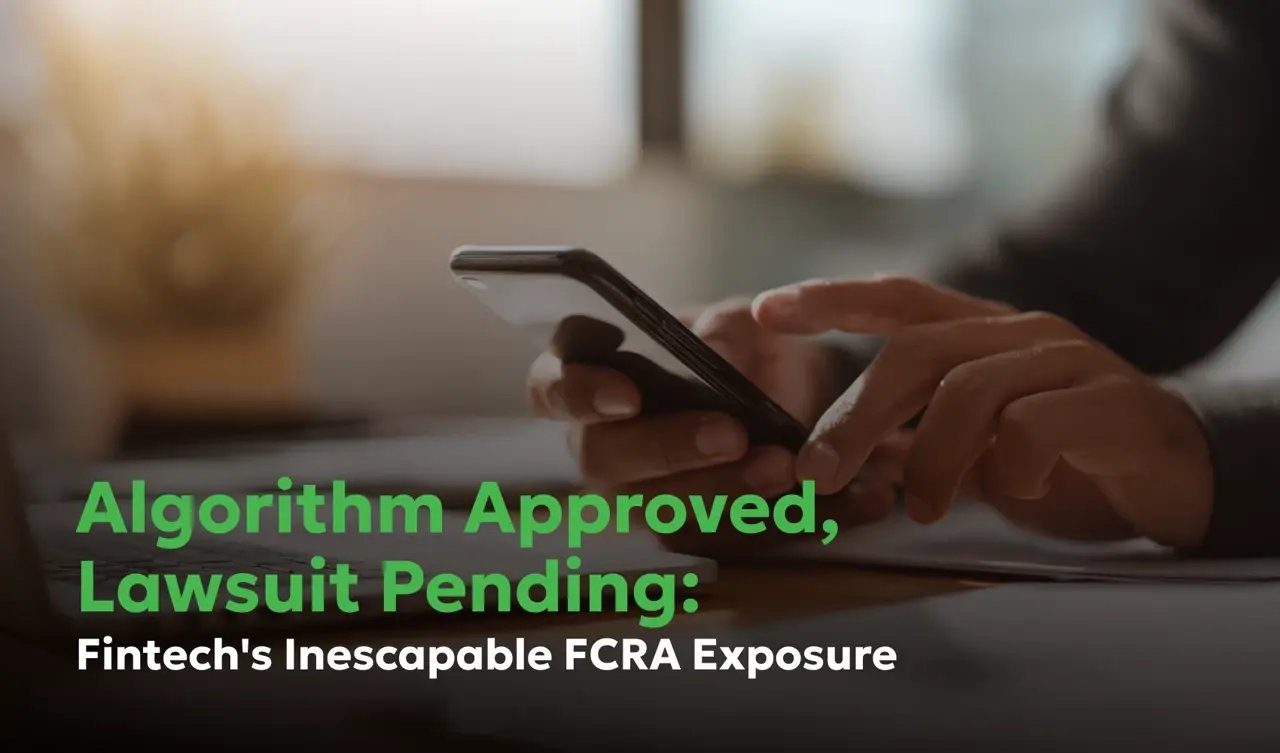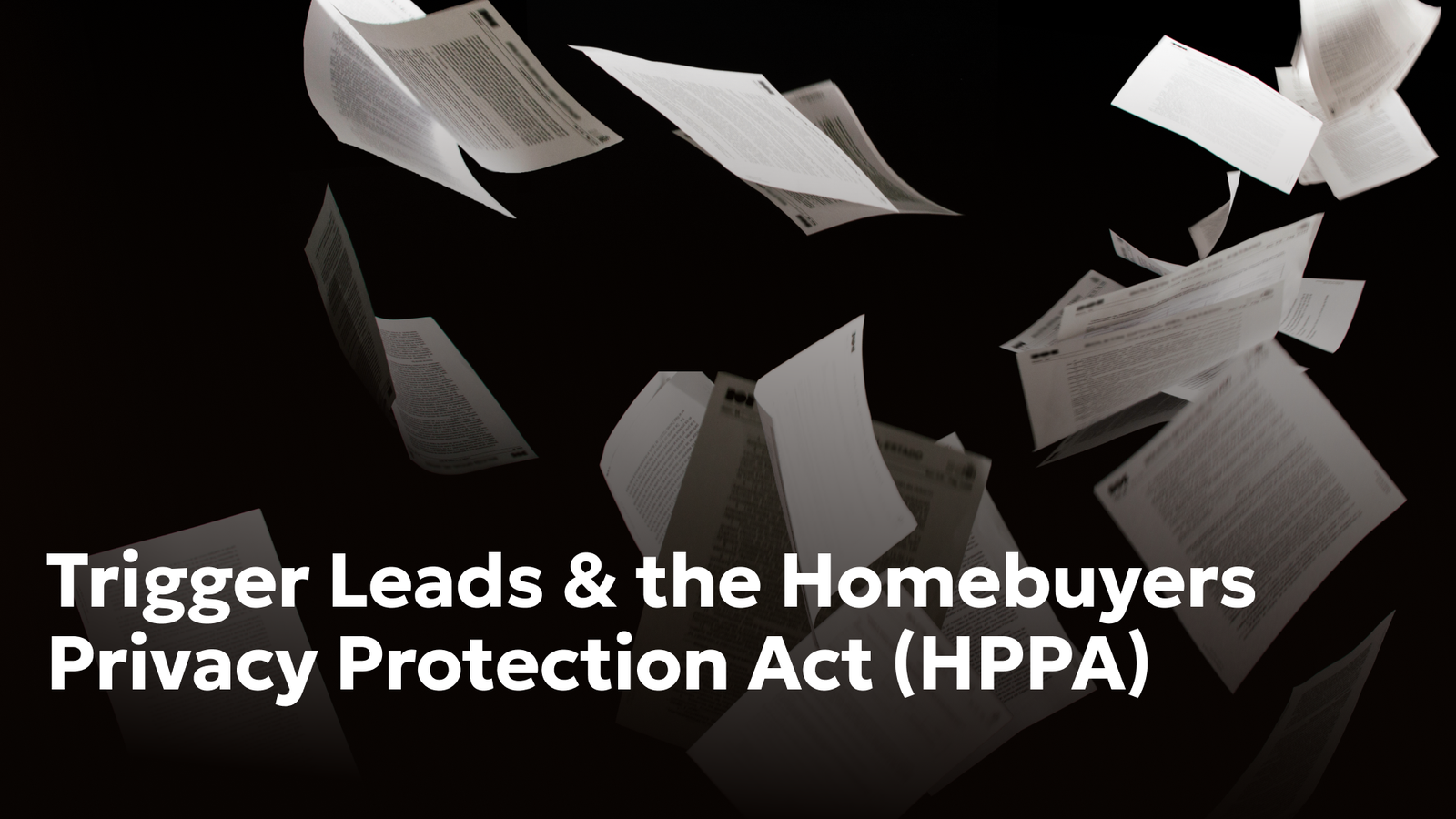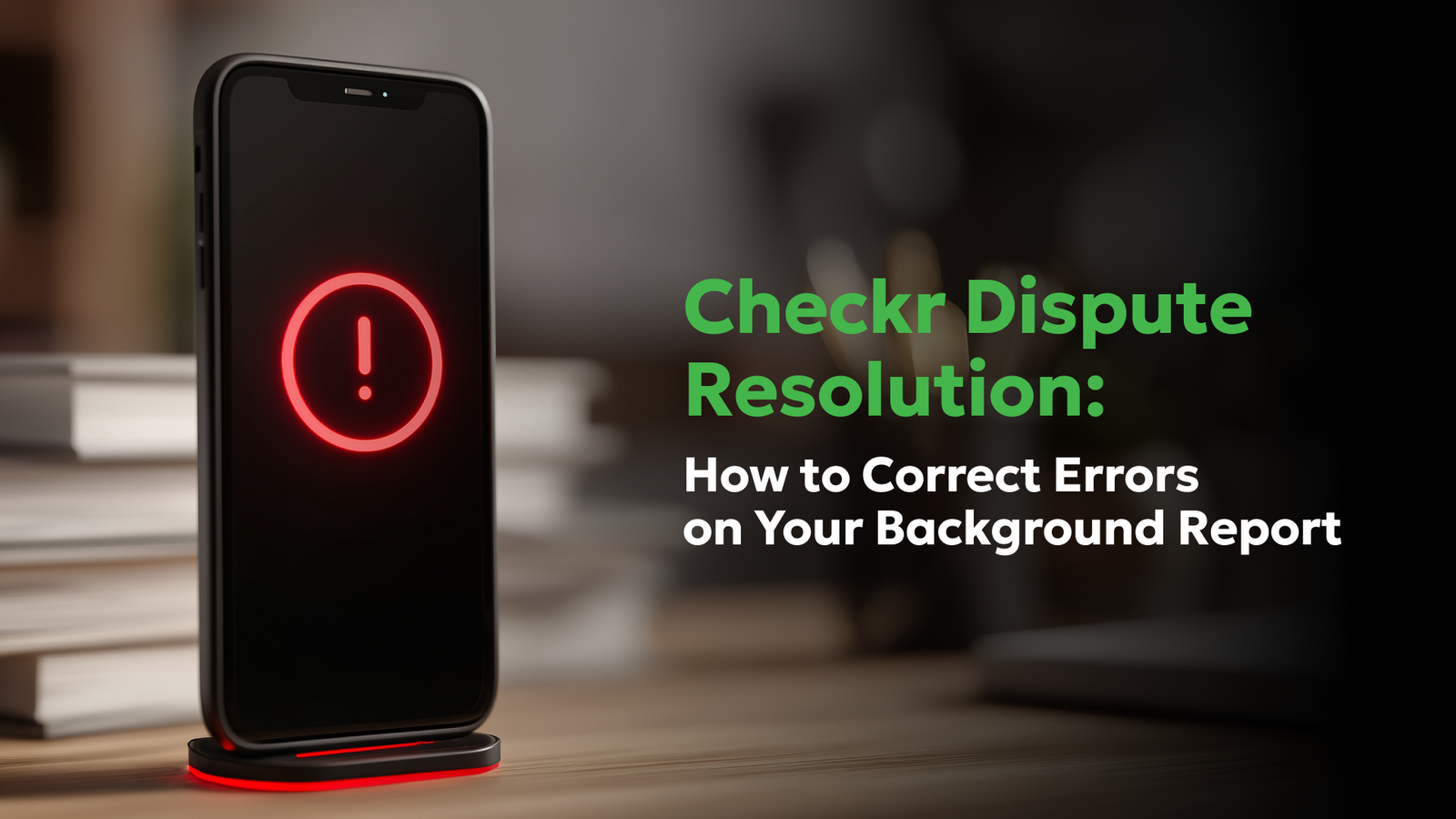What bills help build your credit?
- Blog
- All about FCRA
What bills help build your credit?

There’s another factor that determines whether paying your bills early will improve your credit
Build up your credit score by paying off these kinds of bills.
When it comes to building your credit, the rule is to pay your bills early. However, early payments are not the only relevant factor. There’s another element that dictates whether paying your bill early will make a difference.
This post discusses that additional factor.
Types of bills
To properly discuss the bills that help build your credit, we must identify the various types of bills. They include:
- Medical bills
- Student loan payments
- Utility bills
- Rent
- Insurance payments
- Phone bills
- Mortgage payments
- Internet bills
- Credit card payments
- Cable bills
- Car payments
It’s worth mentioning that while timely payment of these bills can help build your credit, late payments or defaulting on the payment is bad for your credit.
When bill payment can help build credit
The timely payment of the various bills mentioned above helps strengthen your credit and improve your credit score. However, this is dependent on only one condition.
Such bills and the payment thereof must be reported to the credit bureaus for them to affect your credit.
So, for the early payments to have a natural positive effect on your credit, the creditors or other relevant persons must report to the credit bureaus.
Factors that affect the reporting of bill payment
Reporting the payment of bills is not exactly a straightforward issue. The situation gets much dicier due to a number of reasons.
To begin with, there’s no duty on creditors to report bills to credit bureaus. They do it of their volition.
Some bills, however, are usually reported. These include car payments, credit card payments, mortgage payments, and loans. Such bills typically help you build your credit.
Payments that are not always reported include medical bills, college tuition, rent-to-own arrangements, insurance, utilities, internet bills, telephone bills, and cable bills. Normally, these bills don’t help build your credit.
Additionally, in the event they choose to report the payments, they might not report to all three of the biggest credit bureaus. They might report to just one or two.
These credit bureaus also change policies every now and then. Previously, some items such as public debts typically appear on credit reports. Currently, some of them, such as tax liens, don’t appear anymore. So, if such payments affected your credit before, they wouldn’t now.
In all, the early payment of bills has the potential to help a great deal with building credit. However, such bills need to be reported to the credit reporting bureaus for them to actually impact your credit. Bills that get reported to the bureaus are the only ones that affect your credit.
If you have any issues with your credit, the expert team at Consumer Attorneys is available. Contact us immediately.


Daniel Cohen is the Founder of Consumer Attorneys. Daniel manages the firm’s branding, marketing, client intake and business development efforts. Since 2017, he is a member of the National Association of Consumer Advocates and the National Consumer Law Center. Mr. Cohen is a nationally-recognized practitioner of consumer protection law. He has a we... Read more
Related Articles




R
ONGS™You pay nothing. The law makes them pay.







